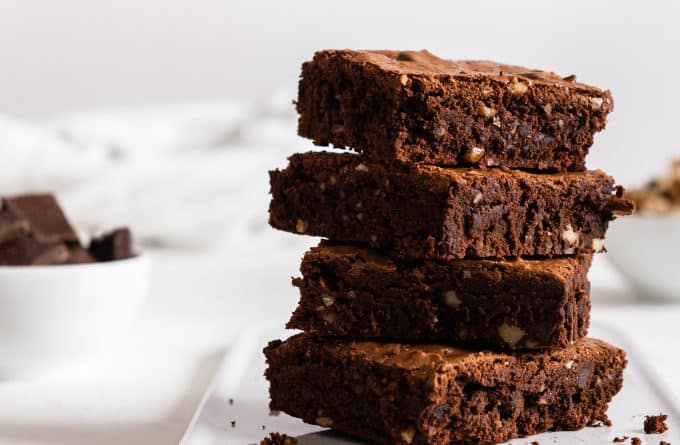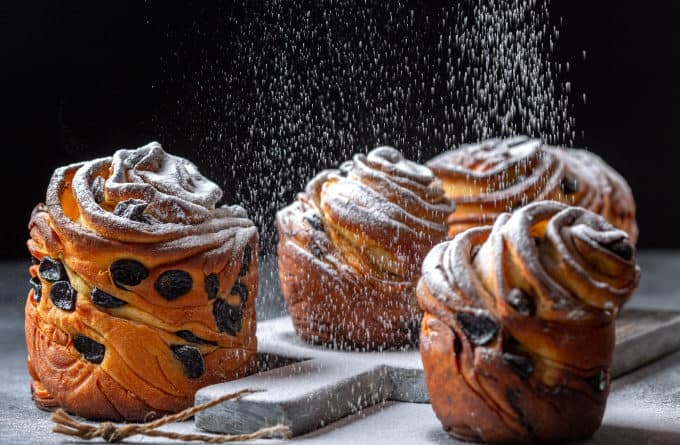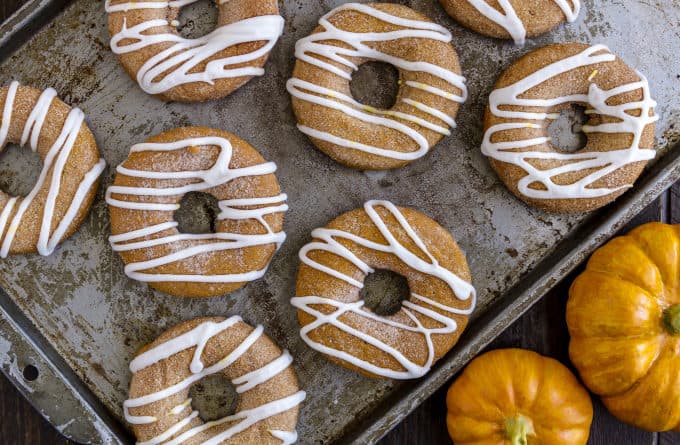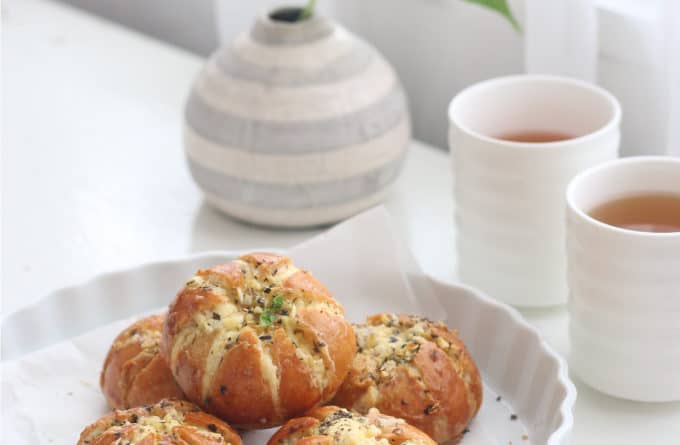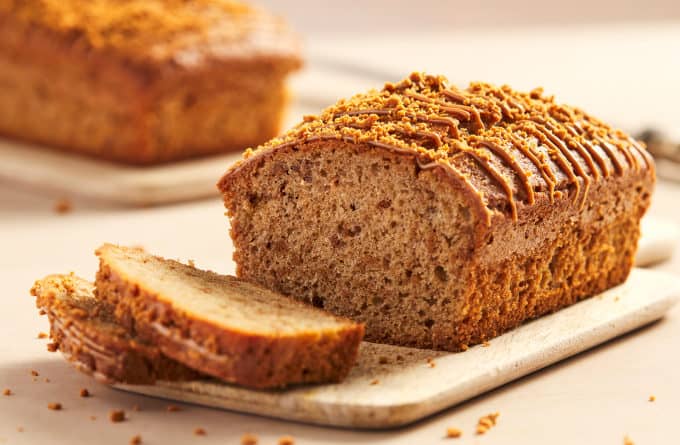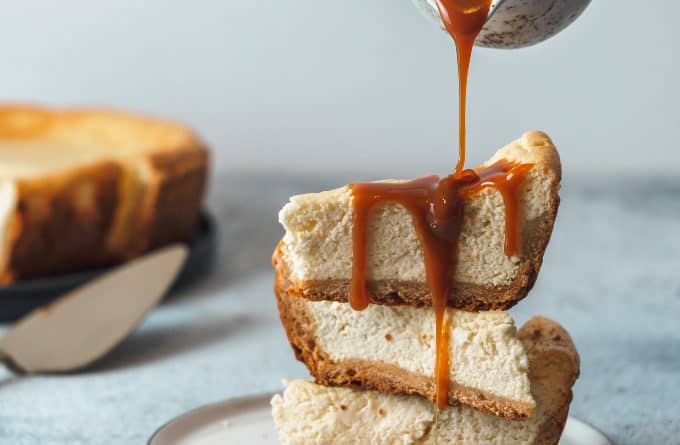
The UK is facing the biggest test to its collective mental health at present – and being stuck indoors cut off from friends and family and January’s short days and dreary weather are certainly a challenge. But don’t despair – it’s possible to improve your mood. British Bakels explores how we can all help ourselves to a much-needed mood boost.
Soothing our souls when Covid came along and turned everything upside down was a key theme of 2020, and sadly it seems we’re still needing to nourish our spirit anyway we can.
Finding a creative outlet, engaging your senses, eating well, working out and being kind are all ways we can improve our mental wellbeing.
The power of baking
You have to admit there’s something awfully therapeutic about sinking your hands into a lump of dough and kneading it ready for the loaf tin, or taking your frustrations out on a packet of hobnobs by bashing them into submission for your cheesecake.
This was ‘baking our minds off it’ – ‘it’ being the coronavirus pandemic and the ‘baking’ – well just about anything you wanted from unicorn cookies to artisan breads. Science also correlates the link between the act of baking and the mood boost it can deliver. One study found that those who spent time on creative pursuits (such as baking) had positive psychological functioning and were happier in their day-to-day lives for it.
For some people being busy in the kitchen is as powerful as meditation and it’s not difficult to see why. When we bake we are engaging all of our senses – the sensation of rubbing butter into sugar, the sound of sugar bubbling into caramel, the appetising look of sweet pastries, the smell of a freshly baked loaf and of course the pure joy of sampling your creations.
The process of following a recipe can be calming with soothing, repetitive motions that help us to focus on the task at hand rather than what is happening in the world around us.
Get Bakels articles delivered to your inbox
Spread some cheer
Another reason why we are championing the benefits of baking on our mental health is for the joy that can be gained through sharing our bakes – whether they’re disastrous or delicious. It’s little surprise that Instagram and Facebook are awash with culinary creations; we all want to share our achievements and when lockdown meant we couldn’t meet in person we could still make someone smile – even if it was at our lopsided efforts.
There were many of us who baked so much we couldn’t possibly have eaten everything we lovingly created. Lockdown, social distancing, the rule of six all meant that traditional meetups were out but that wasn’t to stop us leaving home-baked goodies on friends, family and neighbours’ doorsteps. These little acts of kindness would have a considerable boost on our mental health too.
Research from April 2020 by the Mental Health Foundation revealed that 63% of adults agree that receiving an act of kindness has a positive benefit to their mental health. But it’s not just the recipient who benefits. The same proportion of people also said that being kind to others had an equally as powerful effect. We’ve also seen a ‘tend and befriend’ response in the past year in the UK. This is an adaptive response in times of stress that sees us reach out to others to offer help, support and baked goods during difficult times.
Eat your way to better mental health
Nutritional psychiatry can be a powerful way to bring more good vibes into our life – we are what we eat after all. In particular, foods that influence our body’s production of serotonin, a hormone that is linked to feeling happy and mood regulation are advised:
Turkey
Turkey is an excellent source of tryptophan – an amino acid that helps with the synthesis of serotonin – or the happy hormone. If we have no tryptophan then we can’t make serotonin and low levels of this hormone have been linked with depression and low mood. Why not whip up a turkey curry, turkey and stilton quiche or turkey and cranberry tart – it’s not just for Christmas.
Walnuts
This nut is a potent source of omega-3 fatty acids, a nutrient which experts have linked low levels of to a higher risk of depression. Oily fish is another popular way to up your intake of these essential oils – though we think a coffee and walnut cake is preferable to a coffee and mackerel cake.
Steel-cut oats
Upgrade your flapjacks to ensure this sweet favourite also boosts your mental wellbeing. Whole grains like steel-cut oats are a fantastic source of B vitamins, which have multiple benefits for our mental health. In particular, vitamin B6 is used in the production of serotonin, while vitamin B12 is vital for the production of neurotransmitters like serotonin and dopamine.
Eggs
Make sure you get plenty of eggs however you like them: scrambled, poached or baked in a cake! The yolk is packed full of vitamin D – also known as the sunshine vitamin. Experts now think that vitamin D helps increase the level of serotonin.
A daily probiotic
Probiotics have long-been heralded as key to promoting high levels of good bacteria in our gut but now a study into the role of probiotic supplements and mental health has confirmed a positive link. The study – from Oxford University – gave people who experienced low mood a twice-daily probiotic and found a 50 per cent improvement in mood.
Surprisingly, there is a hard-wired connection between our brains and our gut thanks to the vagus nerve that runs from the brain stem to our gut. This connection enables two-way communication, so anything we do to improve our gut health can also influence what goes on in our brains – and the limbic system, set right above our brain stem, is where our emotions are controlled.
Run, listen or climb your way to better mental health
We’re sure you already know that fitting in some exercise does wonders for your frame of mind, especially if you can get outside with it. But, what if we told you there was a way to supercharge your workout for even better mental health which won’t require any extra physical effort?
Scientists at the University of South Wales have been investigating how to get maximum blood flow to the back of the brain – which is the part of the brain thought to be linked to mood and mental health. Their findings show that stimulating the brain while you work out increases the blood flow here, which can help minimise depression, anxiety and panic disorders. So next time you set off for your daily exercise consider a visually complex activity like rock climbing or for a less daredevil session, listen to a podcast while working out.



